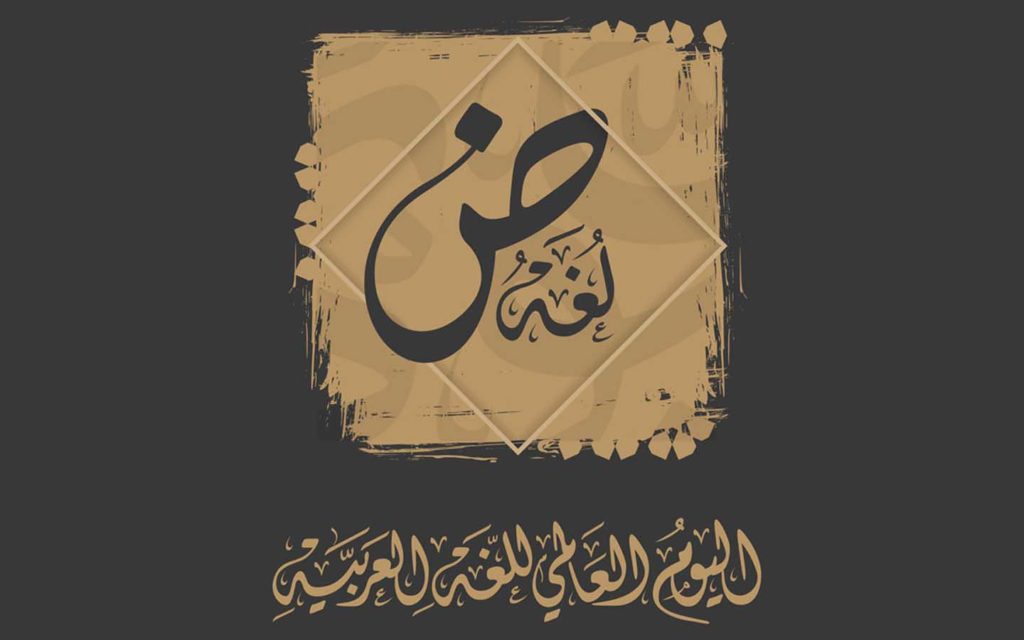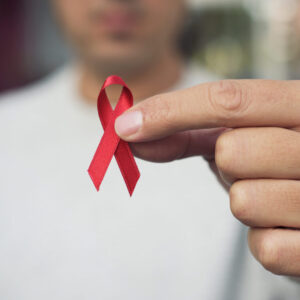Dr. Mehdi Abd Al-Sahib – CMO of Imam Al-Hujjah Hospital
This title was the theme of the celebration of the United Nations Educational, Scientific and Cultural Organization – UNESCO / Paris for this year (2022) on the occasion of the International Day of the Arabic Language, December 18 of each year.
The Arabic language is one of the most widespread languages in the world, as it is spoken by more than 400-500 million people around the globe, distributed in the Arab countries – from the ocean to the Gulf – and some of its neighboring regions such as Turkey, Iran, Chad, Mali, and Senegal. The Arabic language is the language of the Holy Qur’an, and prayer is not complete in the Islamic religion without mastering some of its words.
The United Nations Department of Global Communication has decided to celebrate each of the six official languages of the United Nations. Accordingly, it was decided to celebrate the Arabic language on December 18, being the day on which the General Assembly decided to include the Arabic language among the official languages of the United Nations. UNESCO celebrated for the first time the International Day of the Arabic Language on December 18, 2012, and devoted this annual date to highlight the legacy of the Arabic language and its great contribution to human civilization. The purpose of this day is to raise awareness of the history, culture, and development of the language through the preparation of a program of activities and special events.
In the Arabic language there are creations in various forms and styles, both eloquent and colloquial, both oral and written. It contains aesthetic aspects such as different fonts and it is full of wonderful poetic, prose, and rhetorical arts that can captivate hearts.
The Arabic language prevailed for centuries as the language of politics, science, and literature. It influenced, directly or indirectly, many other languages in the Islamic world, such as: Turkish, Persian, Kurdish, Urdu, Malay, Indonesian, Albanian, and some other African languages such as Hausa and Swahili, and some European languages, especially Mediterranean ones, such as Spanish, Portuguese, Maltese, and Sicilian.
In addition, The Arabic language represented a catalyst for the production and dissemination of knowledge, and helped transfer Greek and Roman scientific and philosophical knowledge to Europe in the Renaissance. It also made it possible to establish a dialogue between cultures along the land and sea routes of the Silk Road from the coasts of India to the Horn of Africa.
Some quotes about the Arabic language:
“Prideful are those who utter the letter ض Ḍād, seek refuge for the offender, and grant relief to the expelled.” (Abu al-Tayyib al-Mutanabi)
××××××××
“He who filled languages with virtues put beauty and its secret in the letter ض Ḍād.” (Ahmed Shawqi)
××××××××
“The language of the Qur’an, O sun of guidance, may the Most Merciful protect you from the deceptions of the enemy” (Hamad bin Khalifa Bu Shihab)
××××××××
“The language of the letter ض Ḍād, how beautiful it is. I will sing it until I die.” (Sabah Al-Hakim)
××××××××
“My language and I am proud of it. I have been afflicted with love for it, for its beauty and clarity…
Arabic, there is no doubt in its beauty as it is the language of the Qur’an.”
××××××××
“And if people boast about their languages,
they will never amount to the beauty of Arabic, the language in which Allah’s words are recited.”










